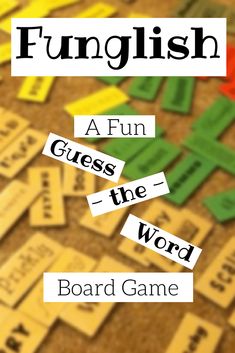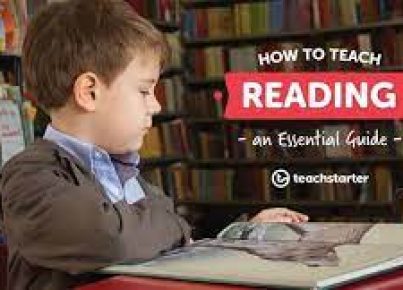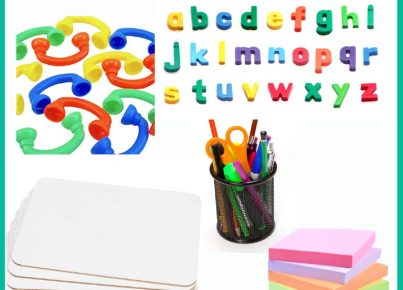Word guessing is a common behavior among early readers who haven’t yet developed strong decoding skills. While it might seem like an innocent part of the learning process, reliance on word guessing can be a problematic habit that hinders literacy development. There are several reasons why educators discourage word guessing as a reading strategy.
Firstly, word guessing does not build foundational reading skills. Reading requires the ability to decode words, understanding the correspondence between letters and sounds (phonics), and the capability to recognize words by sight. Word guessing bypasses these critical skills, depriving students of the chance to practice and develop them.
Secondly, word guessing often leads to inaccuracies and misunderstandings. If students habitually guess words based on their shape, the first letter, or the context, they are likely to make errors that can change the meaning of the text. This not only affects their comprehension but can also lead to frustration and a lack of confidence in their reading abilities.
Another crucial point is that word guessing is not a transferable or scalable strategy. As texts become more complex with less predictable vocabulary, the likelihood of successful guesses diminishes greatly. Students may find themselves stuck and unable to progress in reading levels if they cannot move beyond this strategy.
Furthermore, reliance on word guessing inhibits vocabulary growth. Encountering new words in texts and learning to decode them is an essential part of vocabulary acquisition. When students guess words instead of decoding them, they miss out on learning new words and fail to expand their lexicon.
To promote better reading strategies among learners, educators must focus on teaching phonemic awareness, phonics instruction, and providing ample opportunities for practice with feedback. Engaging in activities that strengthen these areas—such as sound manipulation games, targeted phonics lessons, and guided reading sessions—can help prevent the development of a dependency on word guessing.
In conclusion, while it’s important to encourage learners to infer meaning from context as they become more proficient readers, it’s equally important for them to develop strong decoding skills first. Word guessing should not be considered a viable reading strategy because it undermines the development of fundamental reading skills necessary for accurate comprehension and long-term literacy success.





